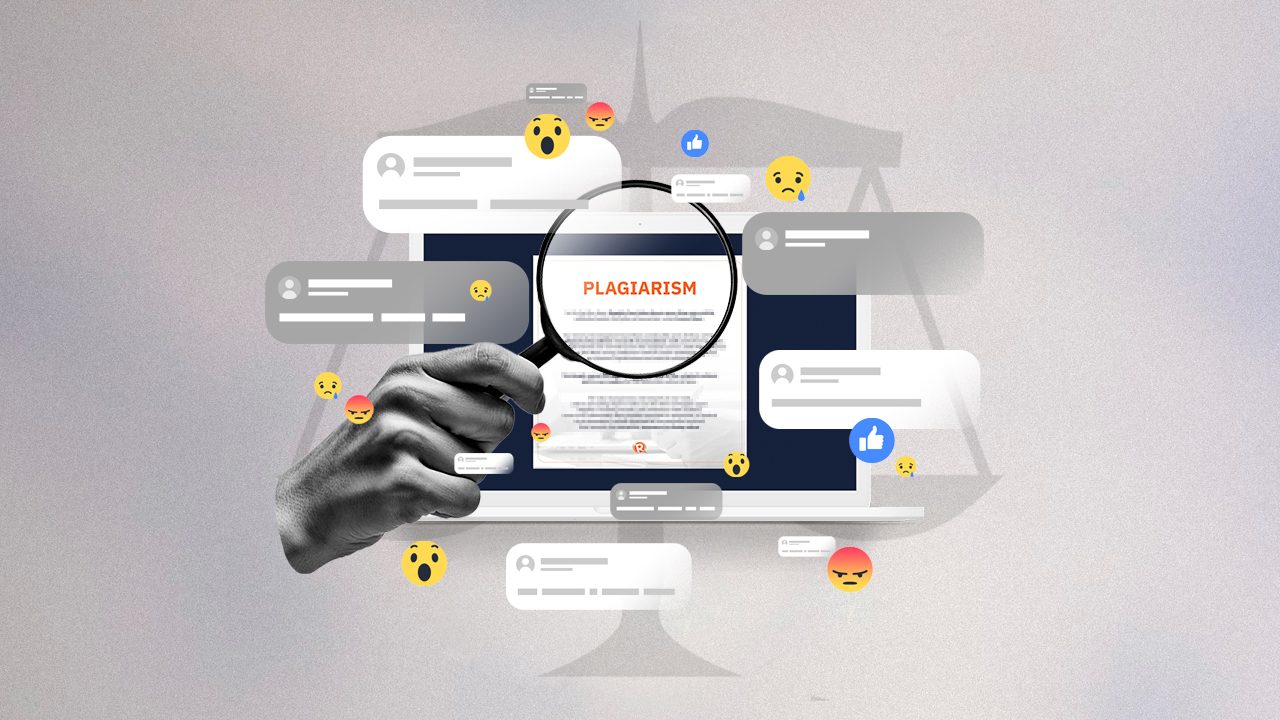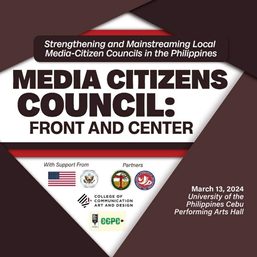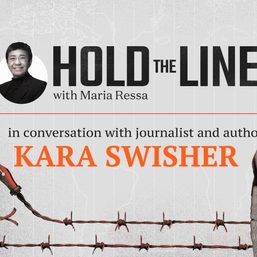SUMMARY
This is AI generated summarization, which may have errors. For context, always refer to the full article.

As many of you know, just before 2023 closed, Rappler issued a public apology over instances of plagiarism committed by a junior staff researcher. We stressed that a cardinal principle in journalism was violated. We identified the erring researcher, and took responsibility for how the acts got past our vetting process. We apologized to our readers and to the authors whose works were copied. We disclosed the corrective actions already taken, and gave assurances of taking further steps to put a just closure to the issue and restore the transparency and integrity in our work that the incidents cast a cloud of doubt on.
The judgment by a small but active segment of social media users was instant: Rappler is absolving itself. You threw the researcher under the bus. You ruined somebody’s future. Command responsibility – name the editors too!
Some made conclusions as if they sat through our processes and knew all the information we had. A number of the criticisms also came from quarters which, in the past, had jumped on any opportunity to throw shade at Rappler. Meanwhile, some spoke of how it should have been done but in doing so betrayed a lack of awareness of the workings of a fairly sizable, practically 24/7 newsroom. We received private messages that picked on peripheral issues while claiming they understood the gravity of the offense involved.
As managing editor who also shepherded the investigation committee, I can tell you that a lot went into that otherwise straightforward statement. We went through several days of thorough probe, disgraceful discoveries, agonizing reconciliation of differing approaches to the resolution process, and finally the painful acceptance that what we thought wouldn’t happen (again, after many years) in fact happened in our newsroom.
Some staff members would rather that we divulged a few more details to the public. The entire team knows the findings and has had open discussions with senior managers and editors about the investigation, and they thought these could shut down the noise.
But, no, that apology/statement was all that needed to come from the organization. The investigation, after all, wasn’t about having the arsenal to win an internet word war.
What this has all been about is exacting accountability – from individuals and us collectively. And the sentiments of a larger universe of social media users we monitored was, Rappler did just that.
Without the specks of personal biases, the baggage of dislike for our organization, or the cloud of lies that had been deployed about what happened, many netizens commended us for having faced the reputational hit squarely. Others defended us against critics who simply refused to see that the steps we took had “accountability” written all over them. We received messages of thanks from individuals to whom the pain of having works stolen was personal.
Away from the larger public eye, however, we have drawn lessons from this regrettable chapter to further strengthen our newsroom processes.
Editors who handled the researcher’s copies have been sanctioned for specific lapses. But we stand firm about shielding them from attempts by some quarters to deflect the heat from the researcher who knowingly and intentionally misrepresented other writers’ works as his. If anything, the only “mistake” the editors committed was to fully trust that the writer did his work honestly and conscientiously.
Our president, community lead, and core managers have put together guidelines for much-improved processes when it involves complaints about our work, breaches of our ethical and professional code, and meting out disciplinary actions.
Editors are now expected to keep wary eyes on certain types of submissions, and tools are available to aid us in this. There is now a sad joke in the newsroom, though: As a matter of practice, editors replied “got this” to staff’s submissions, and went on to check copies for strong headlines, powerful angles, complete and accurate information, balanced and fair presentation, legal footing, and correct grammar and style – because that’s how newsrooms, founded on the principle of trust, operate. But, now, are we going to accept submissions by first asking, “Kinopya mo ba ‘to?” 😞
That aside, there are three things that I am particularly proud of about the outcome of our exercise:
- We protected all of the Rappler journalists, who would have been subjected to unfair suspicions had we kept the identity of their erring colleague.
- By dealing appropriately with the culpable person, we accorded respect to the hard and honest work that has brought the rest of our journalists where they are now in the organization and in the industry.
- Finally, because we dug deeper, we avoided the biggest mistake that could have tarnished the academic records and dashed the journalistic dreams of two college students who were unjustly blamed at the beginning.
That looks to me like having pulled some people to safety. – Rappler.com
Add a comment
How does this make you feel?





There are no comments yet. Add your comment to start the conversation.